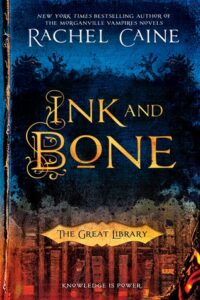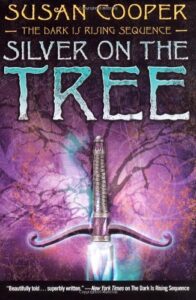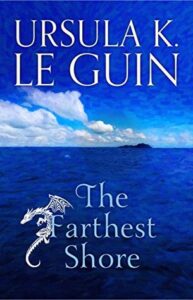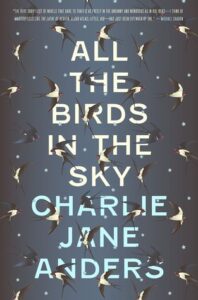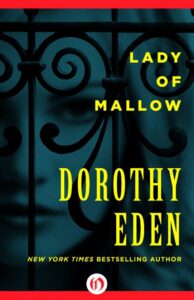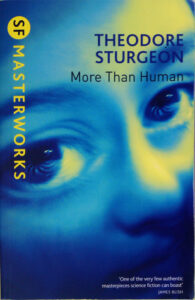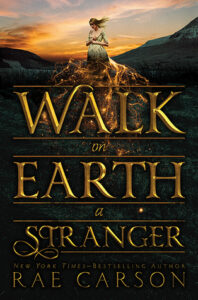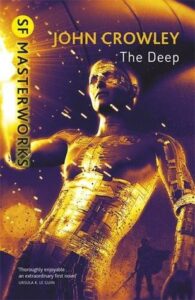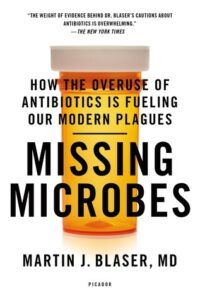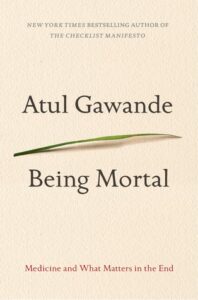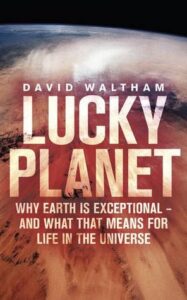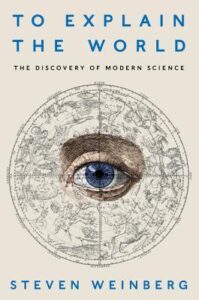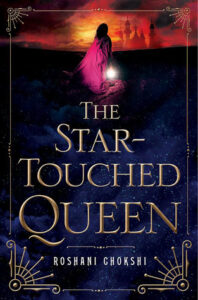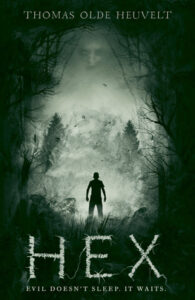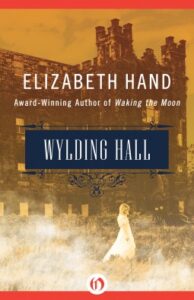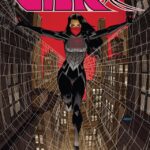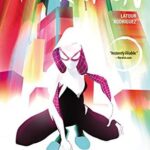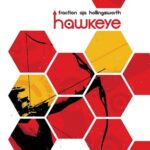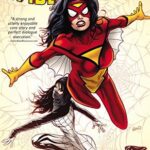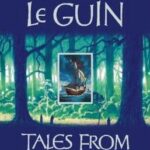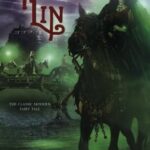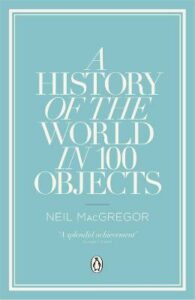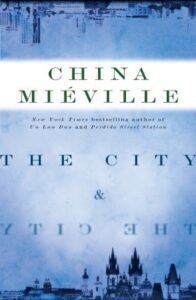 The City & The City, China Miéville
The City & The City, China Miéville
Originally posted 30th November 2010
I read this one in bits. The last half or so was all in one go, on a long train journey, but for the most part, I just read it in bits, a few pages at a time, and didn’t really get involved with it. I didn’t really care how it ended, for most of the time. I did get tense during the last parts, and I was sad for the main character about the ending, but I didn’t really care, for the most part. I wanted to care more about Corwi and Dhatt, but I didn’t really see enough of them, or enough positive about Dhatt…
I suppose it was pretty realistic, in that, but what actually kept me reading was the core idea — and, to some extent, the mystery. I’ve always said that cities were the most interesting thing about Miéville’s work: he’s really good at making them feel alive, I think. Less the individual parts, more the whole life of the city. This is a particularly interesting one, especially the way he navigates it: nothing here is overtly fantastical or sci-fi ish, really. I mean, it sounds completely far-fetched, but we know how deeply cultural conditioning can affect people, and if you just take it as a thought experiment…
Still, I like the idea — and Miéville evokes his worlds well — but it really didn’t have me on the edge of my seat, or caring about the characters, or needing to read more.
Rating: 4/5

